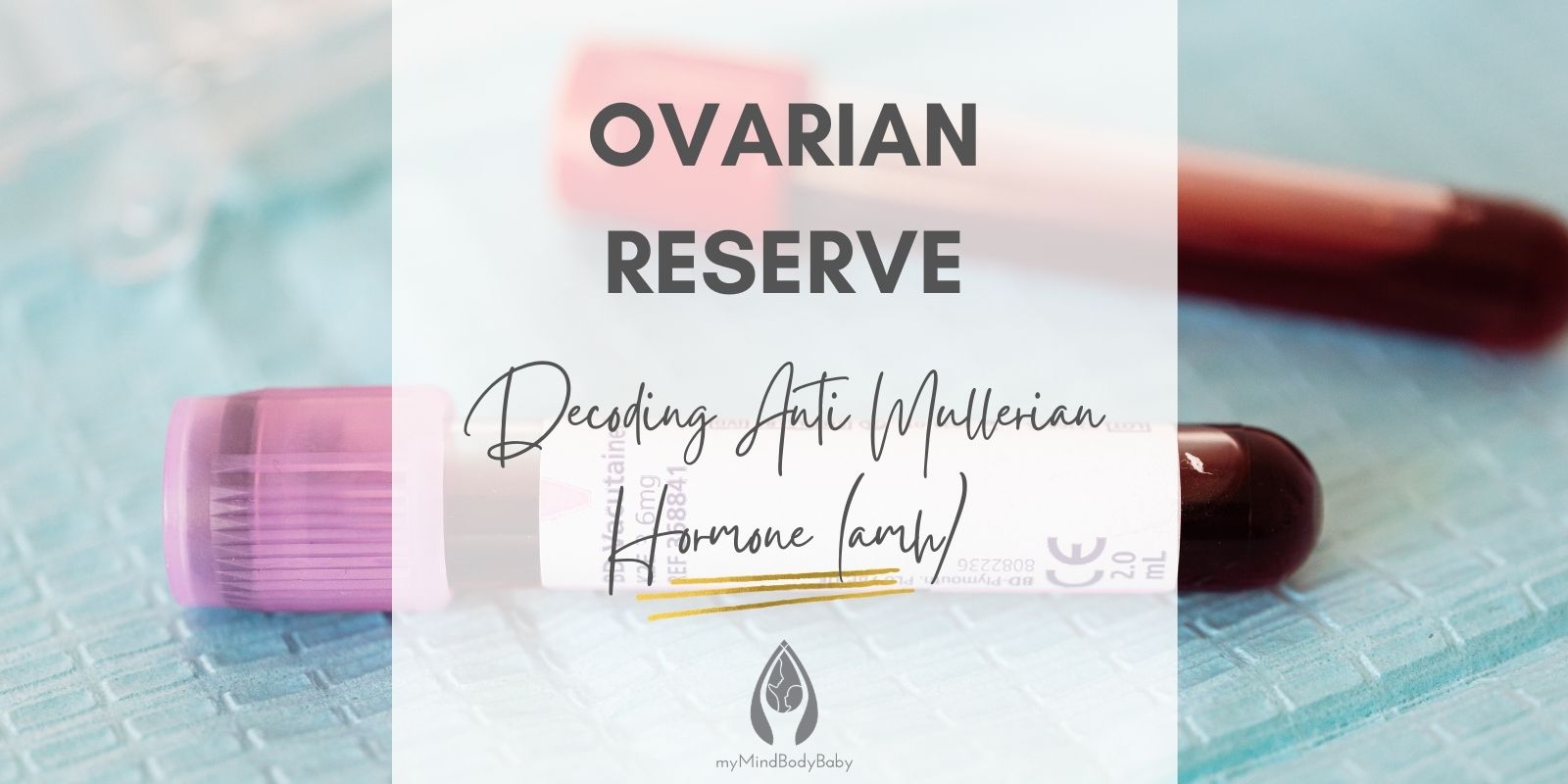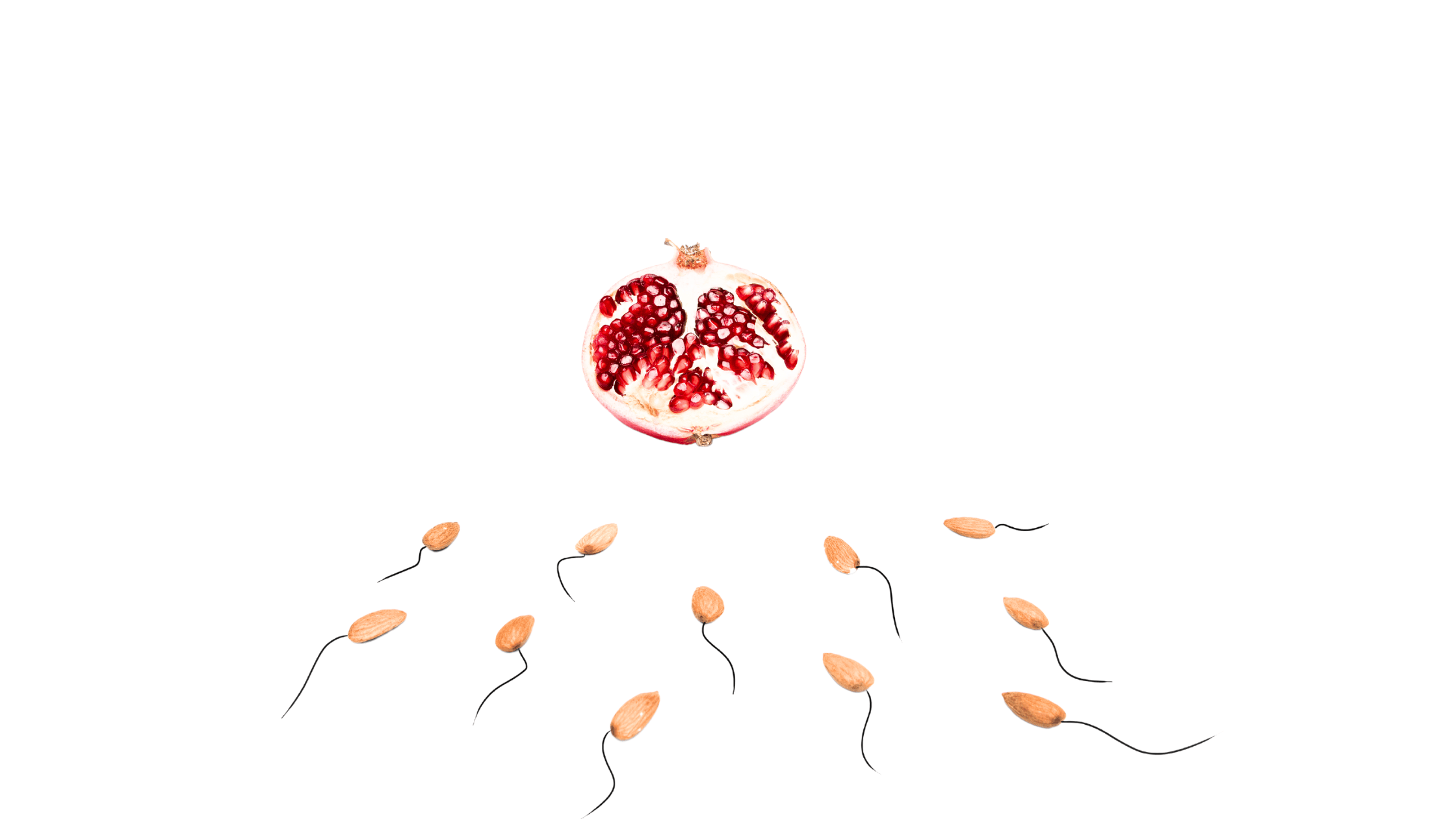“Ovarian Reserve: Decoding Anti-Mullerian Hormone (AMH)” guest post by Dr. Jodie Peacock
Hearing your Anti-Mullerian Hormone (AMH) is low can make you feel helpless. But what is AMH exactly – and why is your doctor testing it? Dr. Jodie Peacock, Naturopathic Doctor, helps us understand this clue in the fertility puzzle.
Welcome, Dr. Jodie.
Anti-Mullerian Hormone is tested to assess something called your ovarian reserve. AMH is a hormone that is produced by cells in your ovarian follicles (eggs) called granulosa cells. This hormone is produced by eggs during the very early stage of their development as well as by eggs that have not yet started to develop. Eggs are constantly being developed in the ovaries so this is a lab test that you can run at any point in your cycle. AMH is thought to reflect the number of your follicles or “ovarian reserve”.
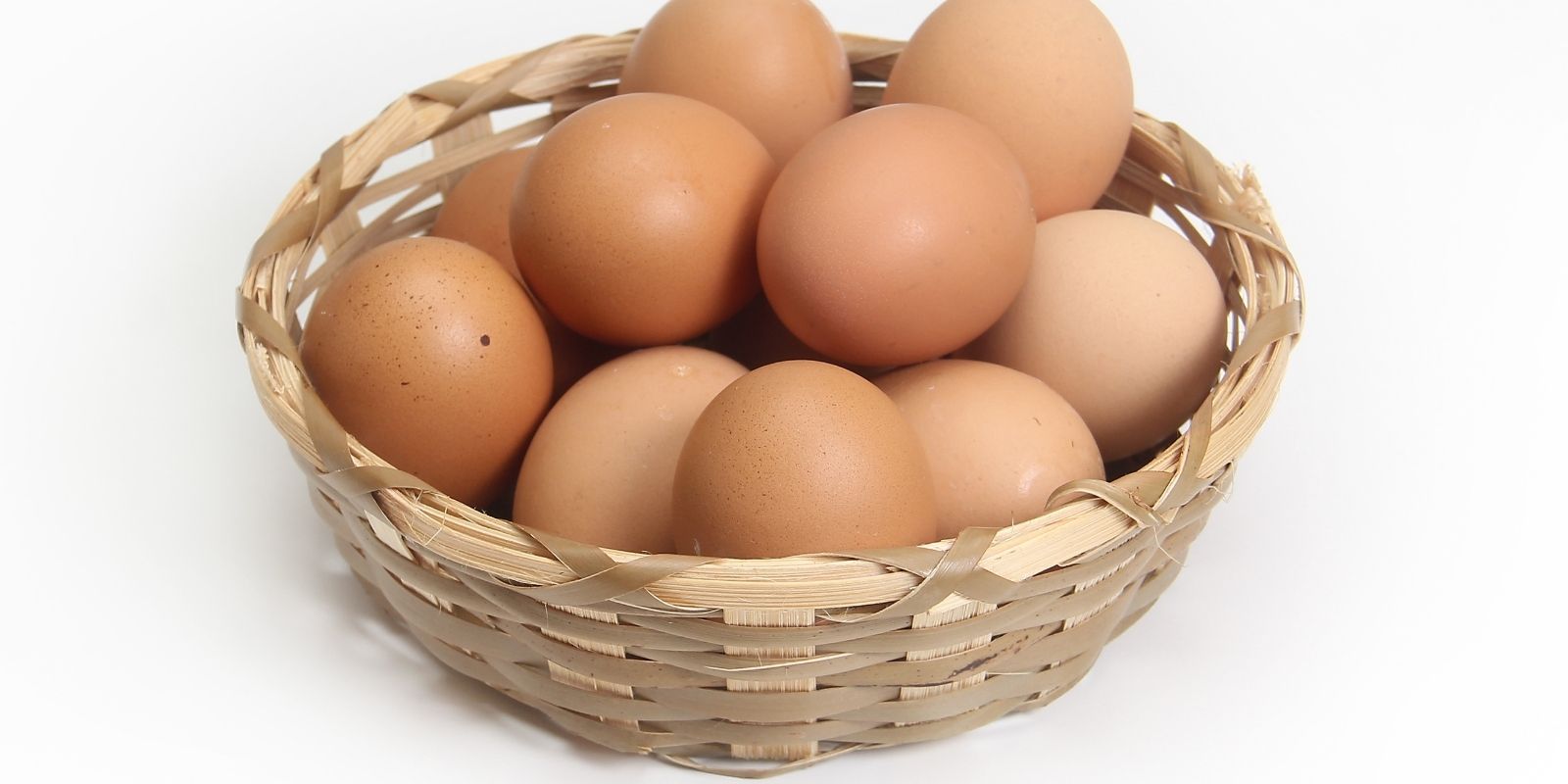
Anti-Mullerian Hormone and IVF Outcomes
AMH levels were originally tested to give doctors a better idea of how patients considering undergoing IVF would respond to stimulant medications. Women with low AMH will often require higher amounts of stimulant medications during IVF and will often have a lower yield of follicles retrieved. On the other hand, high AMH can often indicate a patient has polycystic ovarian syndrome (PCOS). In these cases, doctors will take caution with the amount of stimulant medication to prevent the ovaries from becoming hyper-stimulated. Patients with AMH in a normal range will generally respond well to stimulant medications.
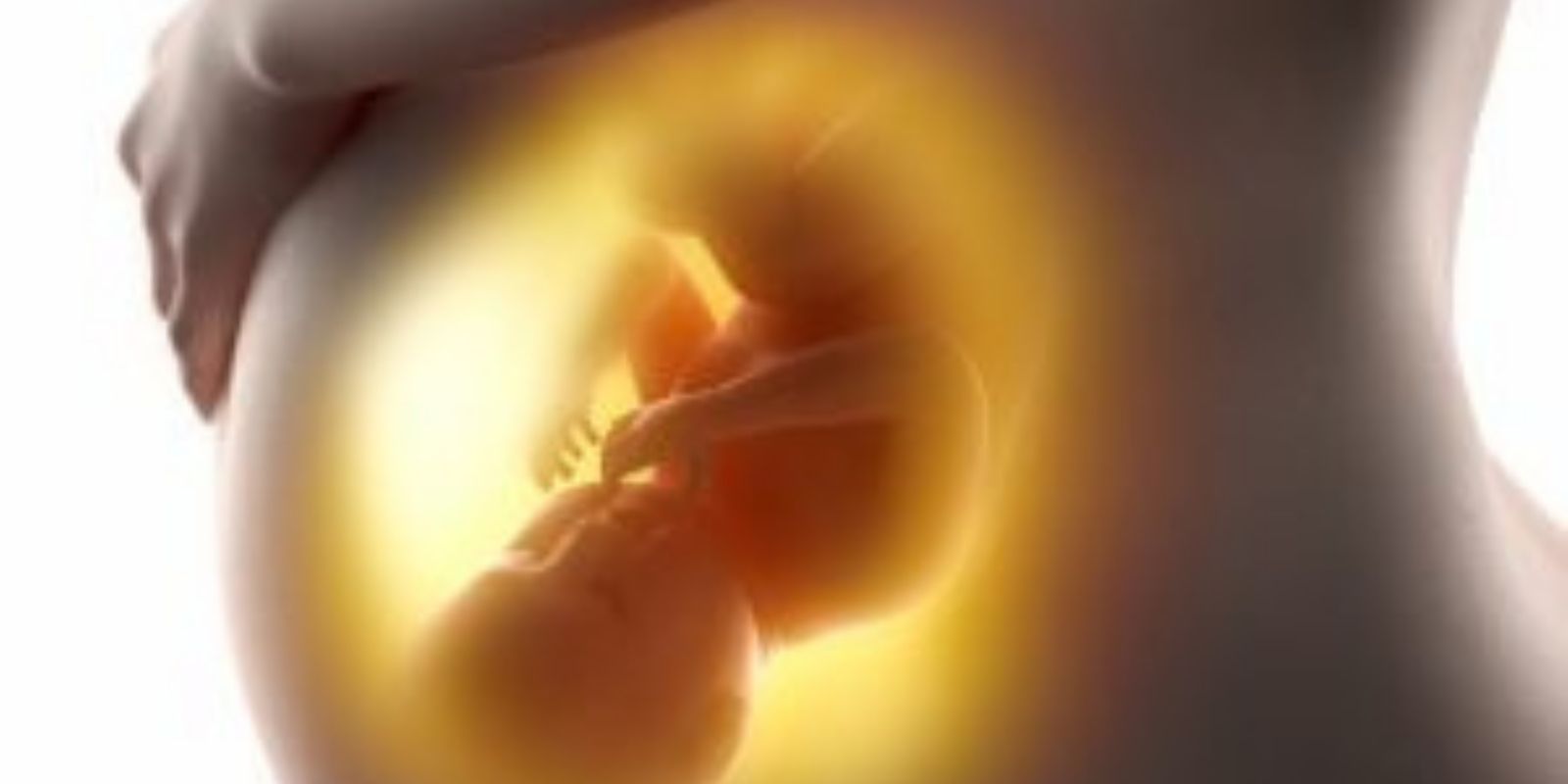
Low AMH has been linked to less successful IVF outcomes. This is because IVF has historically been a numbers game: the more eggs retrieved, the higher the chance of having a successful transfer. However now experts know that just having a high number of eggs, does not mean the eggs are of good quality. A study by Dr. Sherbahn, looking at AMH levels and IVF success rates, found that women with a midrange AMH level had a better response to ovarian stimulants and a higher number of eggs retrieved. This resulted in higher pregnancy rates, more embryos being frozen, as well as more live births. Women under 35 with a low AMH score had poorer outcomes with IVF.
52]
AMH Reference Ranges:
Egg Health and Anti-Mullerian Hormone
AMH does not in any way indicate the health of your eggs. Often women who receive a low AMH reading often become extremely upset and discouraged. I try to remind my patients that they only need one good quality follicle to achieve a pregnancy. A low AMH level does not mean producing a good quality follicle is not possible. Where it can be relevant, however, is in the medication protocol. A low AMH level in a younger woman will require a different approach than we would take with a woman with AMH in the normal range.
What is the impact of aging on Anti-Mullerian Hormone?
Typically, as we age, AMH levels decrease, which is often indicative of the decreasing number of follicles remaining in the ovaries. For example, it would be normal for a woman at 42 to have a much lower AMH than when she was 32. However, if a woman is experiencing primary ovarian insufficiency (POI) we can often see low reading’s in her late 20’s or early 30’s. This can be a sign that a woman may go into early menopause. If this is the case, then time becomes a larger factor. Women may opt to either freeze their eggs or embryos to help protect future fertility or potentially try to become pregnant earlier than originally planned.
Egg Health and Nutrition – 3 Considerations from Michelle Strong, Registered Nutritionist
We have learned above that while AMH does not indicate the health of eggs, having healthy eggs is extremely important for conception. Whether you have low, mid-range, or high AMH levels, the goal is to work towards making those eggs as healthy as possible. Here are a few suggestions:
Vitamin D Status.
Those with a deficiency in vitamin D can and should consider supplementation to support egg health. This study shows that “Vitamin D may be a positive regulator of AMH production in adults”. In addition, choosing foods rich in vitamin D is important. Foods such as egg yolks, salmon, and mushrooms are great and easy sources of Vitamin D that can be incorporated into your weekly diet.
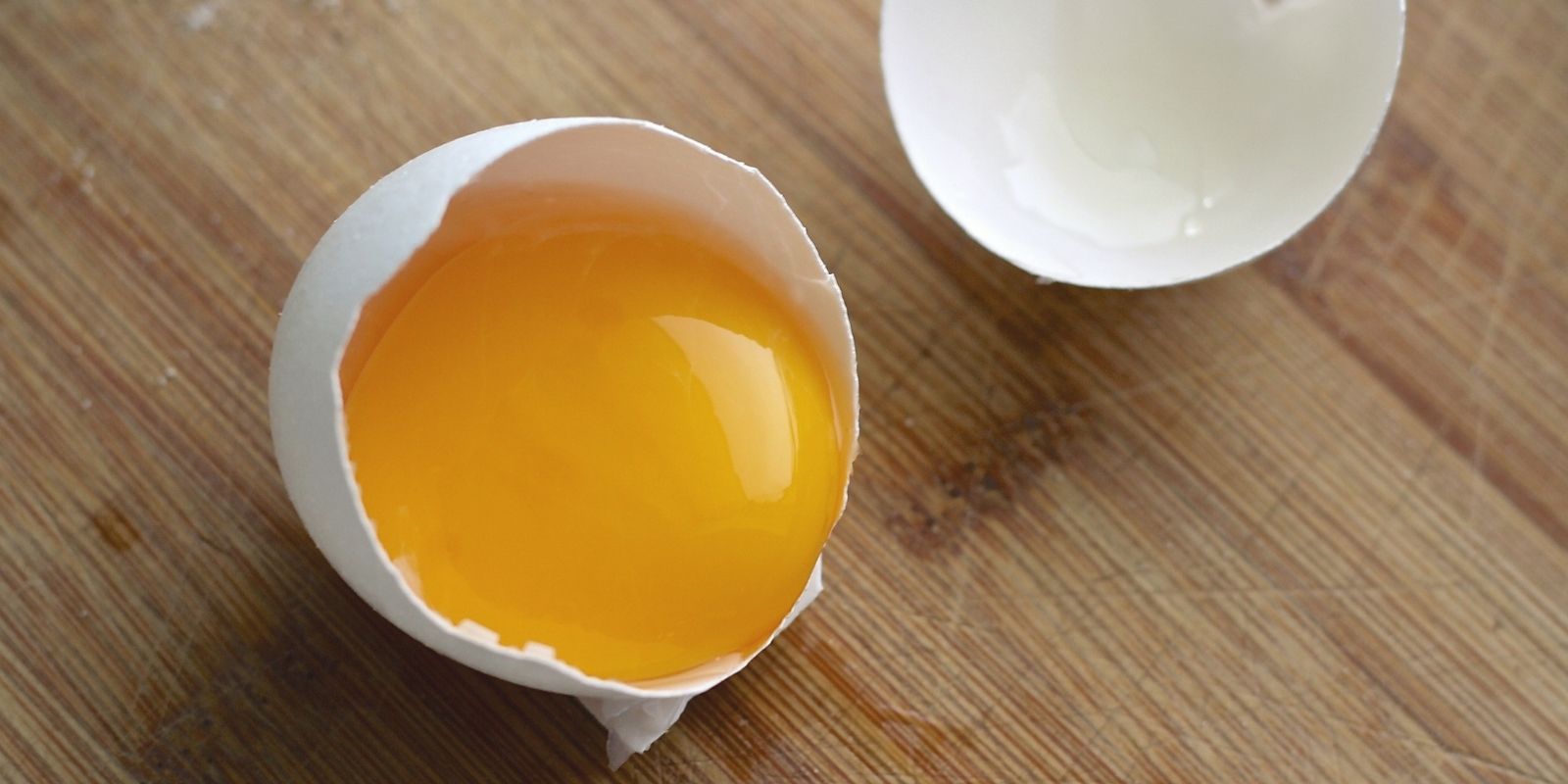
Protein.
Let’s look at WHY protein is so important to egg health. It is thought that females carry all the egg cells that they will ever have in one lifetime, and that they lie dormant until the cycle they are recruited to mature. Once given the hormonal signal (90-150 days before the egg has the potential to be released), egg cells begin to grow. Protein is in heavy demand for this maturation process.
But it’s not just any protein that will do, as all proteins are not created equal. Research is now showing that plant-based proteins are slightly superior than their animal-based counterparts for women struggling with anovulatory infertility.
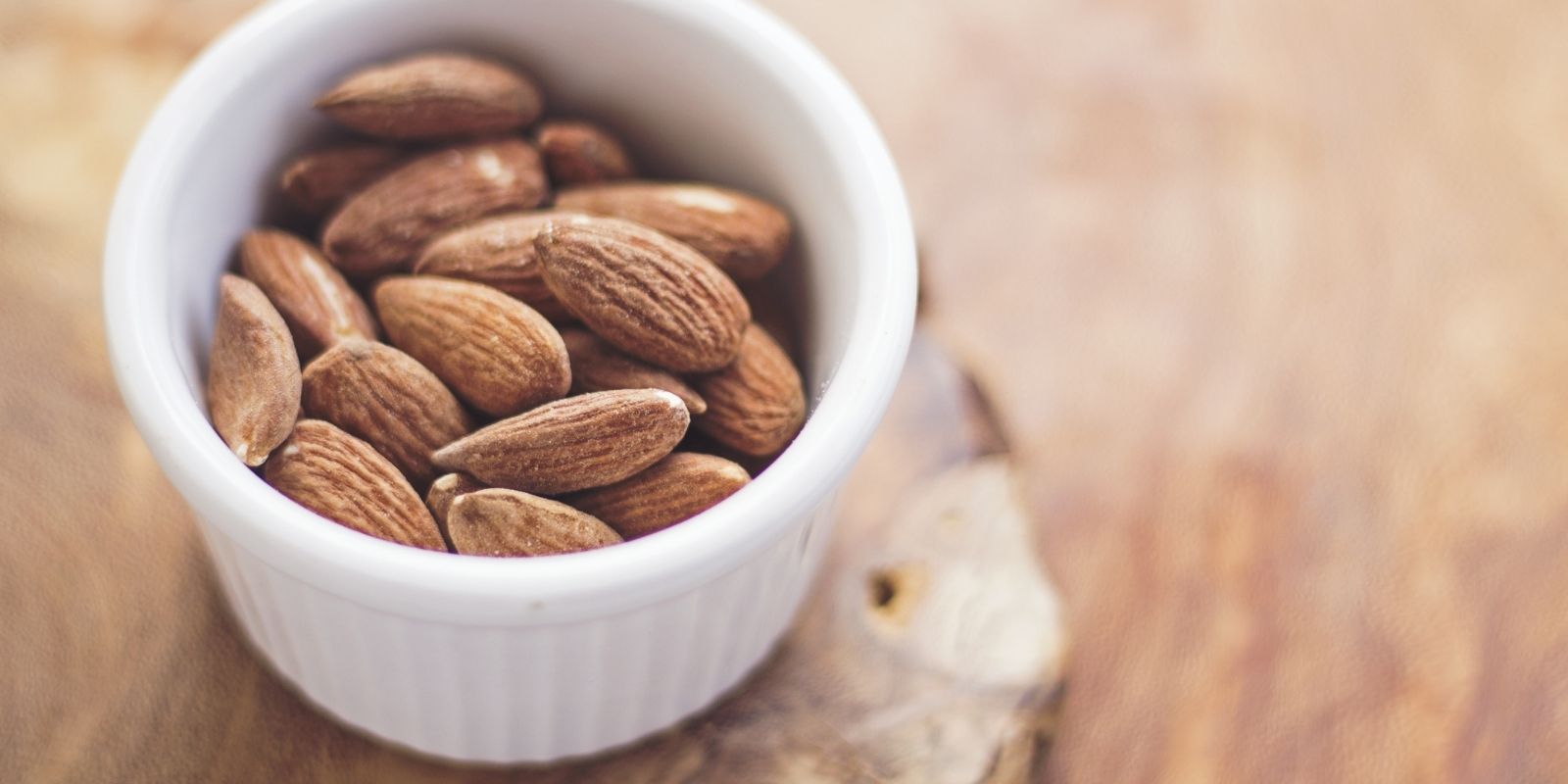
This doesn’t mean you need to adopt a vegan lifestyle but it suggests that incorporating more plant-based protein into your diet can support your fertility potential.
Consider these plant-based protein sources:
- Hemp hearts
- Raw nuts like almonds, pecans, and brazil
- Raw seeds like sunflower and pumpkin
- Sprouted beans and lentils
- Non-GMO, organic soy (in moderation)
- Spirulina
- Clean protein powders (I love Omega Nutrition Pumpkin Seed powder)
Omegas.
By now we have all probably heard that healthy fats, like avocado and olive oil, are important macronutrients that we all need to sustain a healthy body and mind. So, it also makes sense that we need omegas to help support healthy eggs. This study showed that an “Intake of ω3-PUFA improves oocyte and embryo quality in animal and human studies”. Similarly, this study shows “a positive association between a diet enriched with omega-3 PUFAs consumed by women (Wise et al., 2018), or by either or both partners (Gaskins et al., 2018), and natural fecundity and time to pregnancy among couples trying to conceive naturally”.
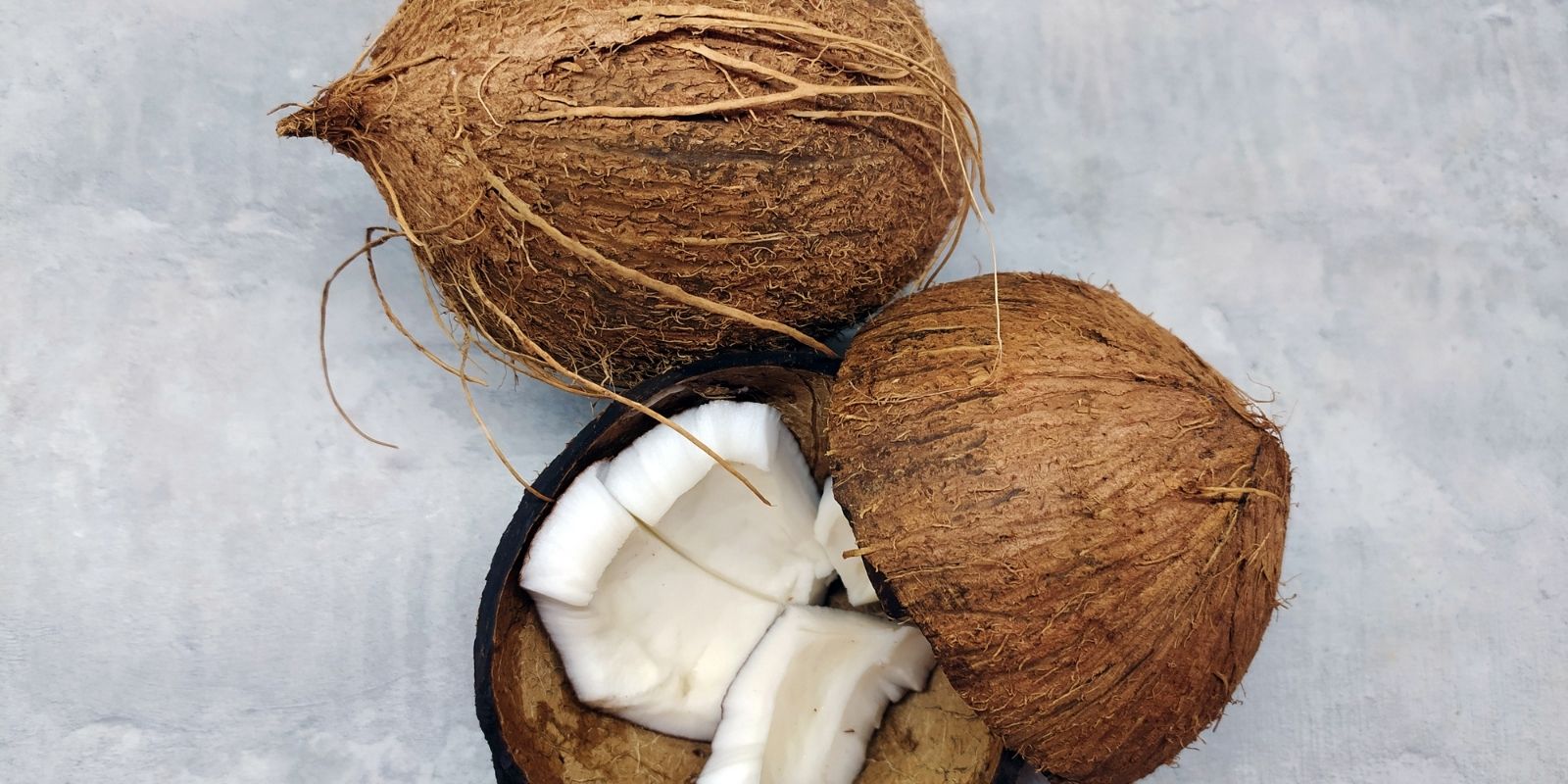
In addition to the examples listed above, here are a few more awesome sources of omega 3 fatty acids:
- Wild-caught or organic cold-water fish (salmon, trout, sole)
- Raw (unroasted) nuts like almonds, walnuts, and hazelnuts + nut butter made from these nuts
- Raw (unroasted) seeds sunflower and pumpkin seeds + seed butter made from these seeds
- Chia seeds
- Hemp hearts
- Nut oils (like walnut)
- Unsweetened coconut
Feeling lost on what exactly to eat to support your AMH?
Our nutrition and fitness fertility-focused support guides provide you with detailed day-by-day instruction on how to eat, move, and support your mental well-being while going through fertility treatments (Cycle Monitoring, IUI, and IVF). We even have a PCOS-specific guide, designed to give you research-based tools, meal plans, and full-length fitness videos to help you reduce symptoms and feel more in control of your PCOS.
19]
Supporting Egg Health
If you do have a low Anti-Mullerian Hormone level this does not mean that you cannot get pregnant. Knowing your AMH levels may, however, impact when you decide to start trying to become pregnant. More than the absolute AMH level is the resulting health of the eggs that mature. The research and suggestions provided above and in the myMindBodyBaby support guides on lifestyle, diet and supplementation can help improve the environment that your eggs are developing in. This, in turn, can help improve your egg quality and support your goal of a healthy pregnancy and baby.
Guest author Dr. Jodie Peacock ND
Dr. Jodie is a naturopathic doctor, author, and public educator!
Jodie is passionate about educating couples on the role of the environment and lifestyle to help optimize their fertility and the health of their future children. She authored Preconceived, an easy to digest book to help support as many couples as possible through the wealth of research on the impact of diet and lifestyle changes with regards to conception. Preconception health is critical to ensuring the optimal health of our future generation.
She feels very strongly about the opportunity to educate patients and the general public in the use of effective alternative treatments, empowering them to take control of their own health.
Jodie is the Chief medical officer at Enhance Fertility.
She is also the proud mom of 3 boys Maddox, and twins Cooper and Carter.
For more information, you can follow Jodie @enhancefertility on Instagram and Facebook or visit www.enhancefertility.ca fertility tips and education or email info@enhancefertility.ca

